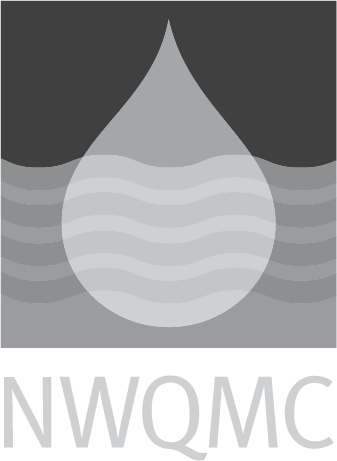USGS-OWQ: TM1-D3 Site Selection: Site Selection for Continuous Water-Quality Monitors
|
Official Method Name
|
Site Selection, in Guidelines and Standard Procedures for Continuous Water-Quality Monitors: Operation, Record Computation, and Data |
|---|---|
|
Current Revision
| 2006 |
|
Media
|
WATER |
|
Instrumentation
|
Multiprobe sonde |
|
Method Subcategory
|
Inorganic |
|
Method Source
|
|
|
Citation
|
Wagner, R.J., Boulger, R.W., Jr., Oblinger, C.J., and Smith, B.A., 2006, Guidelines and standard procedures for continuous water-quality monitors¿Station operation, record computation, and data reporting: U.S. Geological Survey Techniques and Methods 1¿D3, 51 p. + 8 attachments; accessed April 10, 2006, at http://pubs.water.usgs.gov/tm1d3 |
|
Protocol
|
USGS TM1-D3 - USGS Protocols for continuous water-quality monitors |
|
Brief Method Summary
|
The main factors to consider in selecting a water-quality monitoring site are the purpose of monitoring and the data-quality objectives. All other factors used in the site-selection process must be balanced against these two key factors. Defining the purpose of monitoring includes making decisions about the field parameters to be measured, the period and duration of monitoring, and the frequency of data collection. Stream characteristics, site characteristics, and data-quality objectives determine whether a data sonde will be placed in situ (fig. 1) or whether a flow-through receptacle with a pump- ing sampler (fig. 2) will be a better choice. More site-specific considerations in monitor placement include site-design requirements, monitor-installation type, physical constraints of the site, and servicing requirements. |
|
Scope and Application
|
This section of USGS TM1-D3 covers the considerations for installation of continuous water-quality monitors in streams, lakes, bays, estuaries, and coastal waters. |
|
Applicable Concentration Range
|
|
|
Interferences
|
|
|
Quality Control Requirements
|
|
|
Sample Handling
|
|
|
Maximum Holding Time
|
|
|
Relative Cost
|
Less than $50 |
|
Sample Preparation Methods
|




